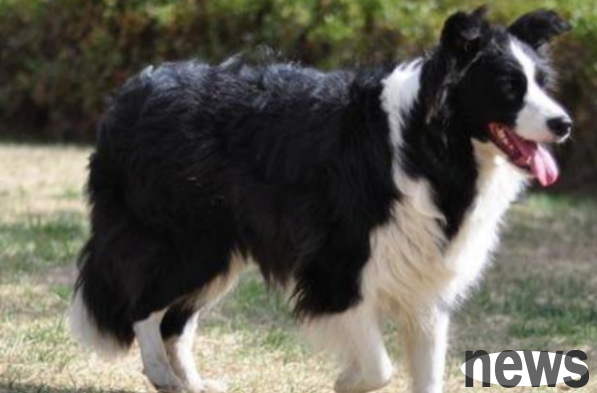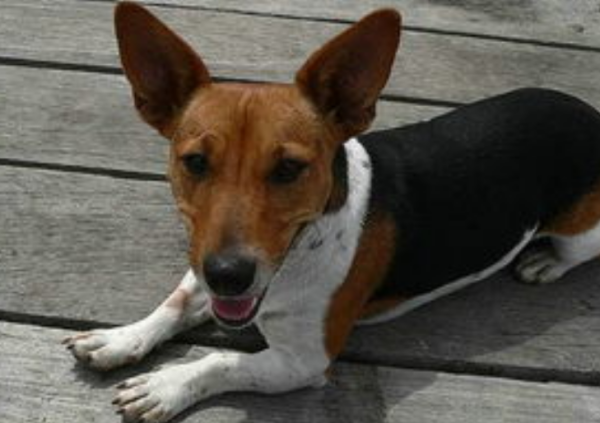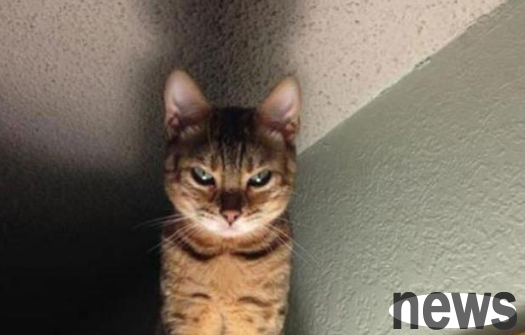The cat s heartbeats are strange, beware of heart failure!
A friend said that one morning after he got up, he found that the cat at home was slumped on the ground and moved very slowly. He didn't think much about it. His cat was a lazy person. But later he heard a gasp and the cat seemed in pain. He stepped forward and picked it up, and found that there were no wounds and had not gone out recently. He felt something was wrong and immediately took the cat to the hospital. After a series of examinations, the doctor told him that the cat suffered from congestive heart failure.
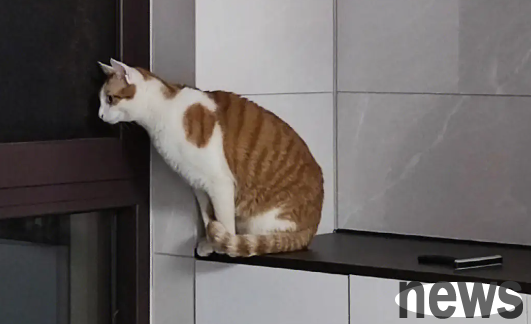
What is congestive heart failure?
Congestive heart failure is a life-threatening disease and requires immediate medical attention. Early detection may significantly increase survival chances. If the cat has possible symptoms, a veterinary consultation should be conducted immediately. Congestive heart failure (CHF) is a condition that occurs when blood is insufficient throughout the body, causing fluid to flow back to the lungs. Failure can occur on the right or left side of the heart, or on both sides. It is usually caused by thickening of the heart wall, also known as hypertrophic cardiomyopathy.
My cat doesn't like eating. Several precautions for improving cat picky eating and anorexia
1. The heart has already had problems in the early stages, but the cat and dog themselves have no symptoms. Sometimes drugs like beta blockers are used, but the pet is usually carefully observed for signs of progress.
2. There are obvious symptoms in the mid-term
that indicate your cat has congestive heart failure.
· Expanded cardiac chamber
· Weakness of cardiac
· Heart murmur
3. Moderate congestive heart failure has occurred in late stages.
· Cough, dyspnea
· Expansion of liver or spleen, abdominal distension
· Coma/sleep, vomiting
· Lameness in the hind legs, or even paralysis
· Cold limbs
· Loss of appetite
· Abnormal heart sound
· Shortness of breath, panting
· High blood pressure (the pupils no longer become smaller)
· Blue foot pads, tongue, or gums
Pets with this disease have a round body at first glance, but their backs are skinny, so you should doubt whether they suffer from severe heart failure. The round body is likely to be due to enlarged liver and fluid accumulation in the abdomen.
Note: This can also occur with infectious peritonitis, hepatic ascites or parasites.
diagnosis basis:
· Stethoscope examination (ausalvation) of the heart and lungs. It is particularly important to identify abnormal heart sounds such as heart murmurs or arrhythmia (arrhythmia).
· X-rays are used to identify heart enlargement. Fluid in the lungs accumulates and eliminates some symptoms similar to heart failure.
· Echocardiography is usually the choice to determine the final diagnosis of congestive heart failure.
· Blood tests to assess other organs (such as the kidneys) or detect heartworm infection.
Note: This condition can be life-threatening when fluid accumulates in the lungs (pulmonary edema) or around the lungs (pleural effusion).
In addition, doctors will also understand the pet's medical history and breed (genetic history) to make a comprehensive judgment. If necessary, thyroid examinations, blood cultures, thoracic (abdominal) punctures may be performed to help make a more accurate diagnosis.
Causes of heart failure:
· Anemia (can cause myocardial disease)
· Arrhythmias or irregular electrical pulses in the heart
· Birth defects
· Myocardial disease
· Diseases around the heart
· Heartworm
· Hyperthyroidism (uncontrolled can lead to myocardial disease)
· Disadvantages of heart valves
Treatment methods:
The treatment principles for congestive heart failure include improving heart function, preventing fluid accumulation, preventing further deterioration of the myocardial muscles and hormones from excessive production of heart failure. It is rare to treat heart disease. The most important cause of heart failure is cardiomyopathy. Final treatment usually requires a heart transplant (no successful cases have been made). Heart failure (pericardial effusion) caused by the accumulation of fluid in the capsule around the heart is not treated with medication, but requires the discharge of fluid or the removal of part of the pericardium.
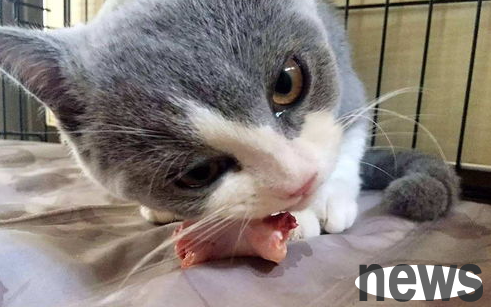
Commonly used drugs for heart failure
· Yellow-like drugs
For pets with less severe conditions, digitalis powder can be taken orally. 0.03~0.04mg/kg body weight, feed 1/3 of the amount for the first time, gradually reduce 1/2 of the amount every 8 hours. When the heart condition improves, the heart rate slows down, urinates, etc., use 1/10 of the amount as the maintenance amount.
For pets with severe illness, use digitalisin (dài) injection and intravenously. The first dose is 0.2-0.4 mg, and then 0.2 mg is injected every 8 hours. After the effect is shown, the maintenance amount is given daily (1/10 of the total amount).
or cyclonesin K0.25-0.5 mg, dilute 10-20 times with 5% glucose solution, and then intravenously. If necessary, repeat once in a small dose after 2 to 4 hours.
Note: If maintenance therapy is possible, you can feed quinidine sulfate tablets, 11-22 mg/kg body weight, once every 6 hours.
· Diuretics
, such as the drug furosemide (frequenture), 0.6-0.8 mg/kg body weight, intramuscular or intravenous injection, once a day. Or hydrochlorothiazide (dihydrogenated thiazide), 0.05-0.1g, intramuscular injection, 1-2 times a day, and after 3-4 days of continuous use, stop the medication for 1-2 days and then use it again.
· Sedatives
can reduce the burden on the heart, keep it quiet, and avoid excessive exercise; feed a small amount of digestible food multiple times, and appropriately limit the intake of salt.
· Vasodilator
, such as hydrocortisone, reduces the afterload of the heart.
· Symptomatic treatment
Correct acid-base balance disorder and electrolyte disorders, and pay attention to correcting hypokalemia. Oxygen therapy if necessary. Adjuvant treatment was performed with energy mixtures such as adenosine triphosphate, Coenzyme A, cytochrome C, vitamin B6 and glucose.
Note: For specific treatment methods and special medications, doctors should make judgments after comprehensively combining various situations. Do not stop the medication without authorization during this period.
After treatment care:
There is currently no cure for heart disease, but later care can be used to help pets prolong their lives and relieve pain.
· Check regularly and carefully observe the pet's cough, sleep, activity, diet, etc. so that the doctor can make a comprehensive judgment;
· Bring the medicine to let the doctor understand the medication;
· Measure the arterial blood pressure;
· It is usually recommended to conduct blood tests to check renal function and blood electrolytes;
· If this medicine is prescribed, blood digoxin tests should be performed regularly;
· Add mild exercise to the pet, such as a small walk;
· Ensure sufficient water source.
Warm tips:
Maine cats, ruffian cats, British shorts, American shorts, Persian (Persian cats, alien shorts/Garfields), Doberman, Dachshund, Great Dane, Fighting, etc., all have potential heart genetic diseases. It is recommended that parents take them to the hospital regularly (once every 6 months or once a year) for examination, observe heart changes, and treat them in time~

